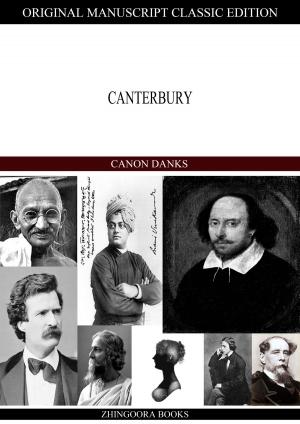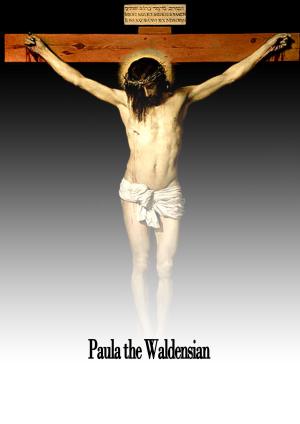| Author: | Thomas Day | ISBN: | 1230000036582 |
| Publisher: | Zhingoora Books | Publication: | December 4, 2012 |
| Imprint: | Language: | English |
| Author: | Thomas Day |
| ISBN: | 1230000036582 |
| Publisher: | Zhingoora Books |
| Publication: | December 4, 2012 |
| Imprint: | |
| Language: | English |
Christmas Summary Classics
This series contains summary of Classic books such as Emma, Arne, Arabian Nights, Pride and prejudice, Tower of London, Wealth of Nations etc. Each book is specially crafted after reading complete book in less than 30 pages. One who wants to get joy of book reading especially in very less time can go for it.
THOMAS DAY
Sandford and Merton
Thomas Day was born in London on June 22, 1748, and educated at the Charterhouse and at Corpus Christi College, Oxford. Entering the Middle Temple in 1765, he was called to the Bar ten years later, but never practised. A contemporary and disciple of Rousseau, he convinced himself that human suffering was, in the main, the result of the artificial arrangements of society, and inheriting a fortune at an early age he spent large sums in philanthropy. A poem written by him in 1773, entitled "The Dying Negro," has been described as supplying the keynote of the anti-slavery movement. His "History of Sandford and Merton," published in three volumes between the years 1783 and 1789, provided a channel through which many generations of English people have imbibed a kind of refined Rousseauism. It retains its interest for the philosophic mind, despite the burlesque of Punch and its waning popularity as a book for children. Thomas Day died through a fall from his horse on September 28, 1789.
Christmas Summary Classics
This series contains summary of Classic books such as Emma, Arne, Arabian Nights, Pride and prejudice, Tower of London, Wealth of Nations etc. Each book is specially crafted after reading complete book in less than 30 pages. One who wants to get joy of book reading especially in very less time can go for it.
THOMAS DAY
Sandford and Merton
Thomas Day was born in London on June 22, 1748, and educated at the Charterhouse and at Corpus Christi College, Oxford. Entering the Middle Temple in 1765, he was called to the Bar ten years later, but never practised. A contemporary and disciple of Rousseau, he convinced himself that human suffering was, in the main, the result of the artificial arrangements of society, and inheriting a fortune at an early age he spent large sums in philanthropy. A poem written by him in 1773, entitled "The Dying Negro," has been described as supplying the keynote of the anti-slavery movement. His "History of Sandford and Merton," published in three volumes between the years 1783 and 1789, provided a channel through which many generations of English people have imbibed a kind of refined Rousseauism. It retains its interest for the philosophic mind, despite the burlesque of Punch and its waning popularity as a book for children. Thomas Day died through a fall from his horse on September 28, 1789.
![Cover of the book Sandford and Merton [Christmas Summary Classics] by Thomas Day, Zhingoora Books](https://www.kuoky.com/images/2012/december/500x500/1230000036582-Z6Ah_500x.jpg)
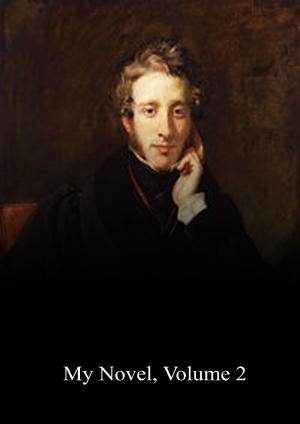
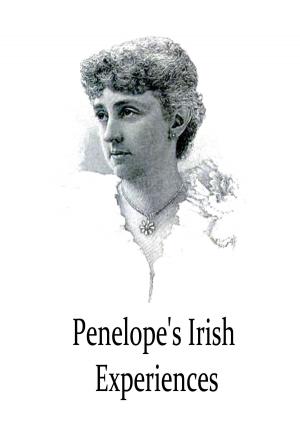

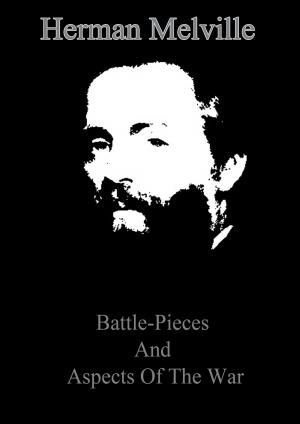


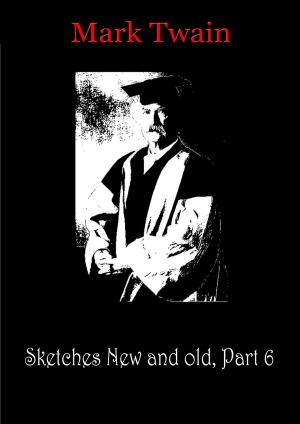

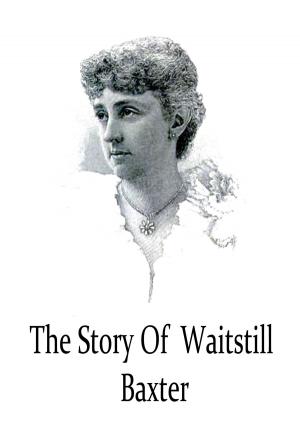
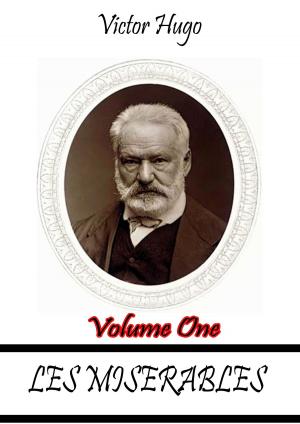

![Cover of the book Two Years Before The Mast [Christmas Summary Classics] by Thomas Day](https://www.kuoky.com/images/2012/december/300x300/1230000036890-9CF2_300x.jpg)
